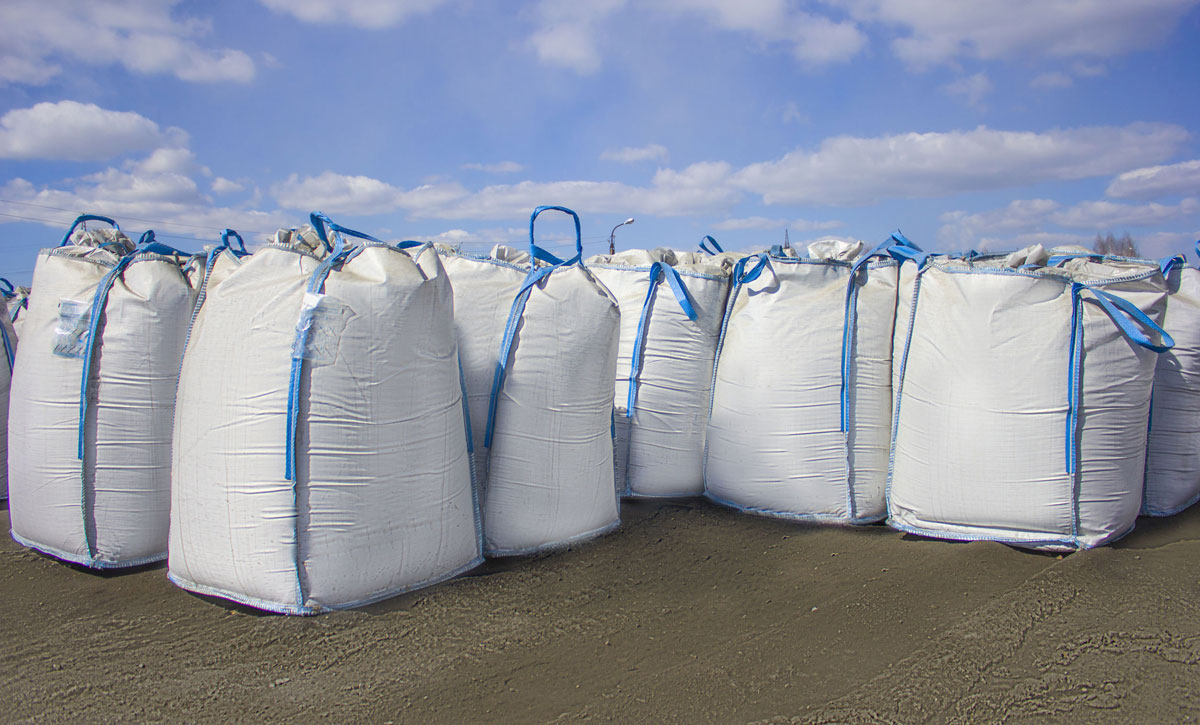 Destination Brazil?
Destination Brazil?
Aug 27, 2020
BRASILIA, BRAZIL – Following months of high domestic pricing and growing inflation and economic issues, Brazil’s Ministry of Agriculture is exploring a temporary elimination of import tariffs on rice, corn, and soybeans for domestic consumption.
Brazil is primarily a long grain market, nearly self-sufficient in rice production. While they do export some rice throughout the world, they also import about the same quantity, bringing in more than 90 percent of imports from neighboring South American countries duty-free. Rice imports from outside of the Mercosur bloc, including the United States, face a 12 percent import duty on milled rice and a 10 percent duty on paddy rice.
Brazil annually grows more than 7 million MT of rice on a milled basis and typically imports between 600,000 and 800,000 MT to meet domestic needs. With a reduction in supply due to a smaller 2018/19 crop and increased COVID-19-related retail purchases, Brazil is in need of additional rice and other commodities to satisfy the demand and ease prices for financially strapped consumers.
“While Brazil is not a traditional market for U.S. rice due to pricing and the logistical and duty-free advantage provided to their neighboring countries, a potential temporary market opening timed with U.S. crop harvest could create a unique opportunity for U.S. rice to enter that market,” said Sarah Moran, USA Rice vice president of international.
Moran explained: “While discussions of temporary relief from import duties are certainly welcomed, Brazil employs a number of other taxes, including on sales and services (VAT) for up to 25 percent, a freight tax at 25 percent, and an excise tax at 9.25 percent. These additional taxes make landed costs for U.S. rice up to 60 percent higher than the actual cost and add another layer of challenges.”
The Ministry of Agriculture has not yet announced the change or details regarding the starting and ending dates for the potential measure nor has there been any mention of waiving any of the additional taxes that imported commodities would incur. Since 2011, annual U.S. rice sales to Brazil have remained below 1,000 tons with small sales ranging from parboiled long grain to paddy to milled short and medium grain rice over the years.